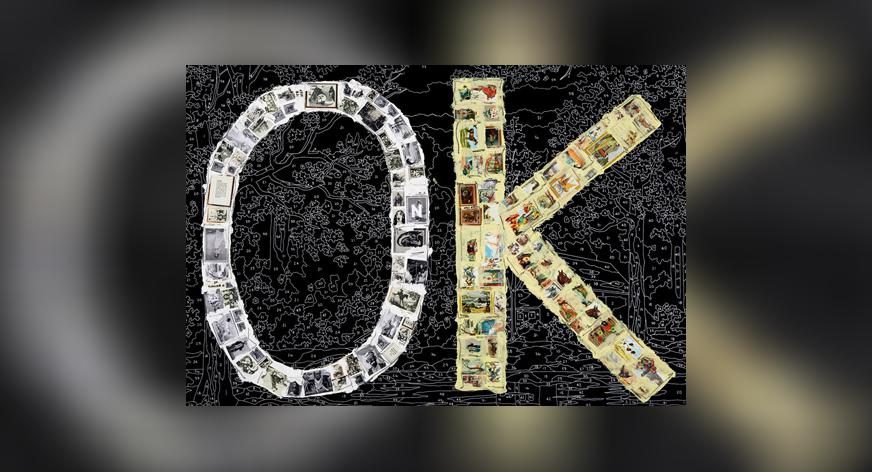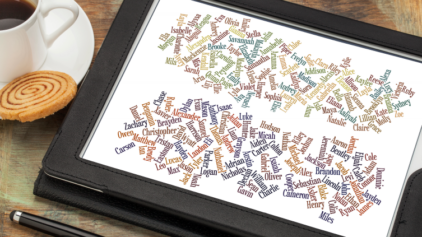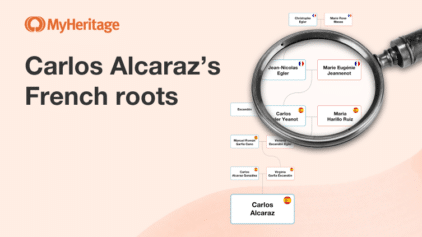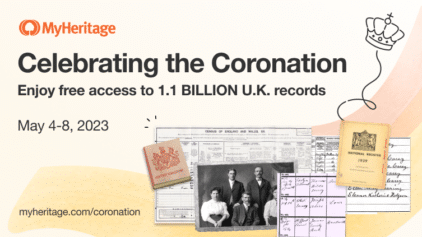I always thought OK originated as a form of communication during infantry battles of the U.S. Marines of WW2. The hand sign of OK without speaking was a signal that ‘all was well’, especially when the noise of battle made verbal communication impossible. That’s my take on the origins of ‘OK’.


 O.K. Whether as an adjective, an adverb, a verb (‘okayed’), or even a grammatical particle, OK is one of the most ubiquitous and multi-purpose words in the English language. But where does it come from? This is such a mystery that one man has published a 200-page book on the topic.
O.K. Whether as an adjective, an adverb, a verb (‘okayed’), or even a grammatical particle, OK is one of the most ubiquitous and multi-purpose words in the English language. But where does it come from? This is such a mystery that one man has published a 200-page book on the topic.
The author, Allan Metcalf, is naturally very enthusiastic about OK. OK, he says in an interview, is more than just OK. It’s the essence of America’s philosophy wrapped up in a two-syllable package.
“If something’s OK, that’s OK,” says Metcalf. “It’ll work, maybe it’s not perfect but it’ll work, and that’s an American attitude.”
He says the word also embodies acceptance and tolerance, pointing to the best-selling self-help book from the 1960s, I’m OK, You’re OK. “Based on that I’m OK, you can be different from me and that’s OK. I think our country is a lot more tolerant now than it used to be.”
It’s an important word, OK?
There are a number of theories as to where the word came from. Some say it came from the Greek phrase, “olla kalla”, which means “everything is good.” Others claim the word came from the American Civil War, where if a battle ended with Zero Killed, a soldier would mark the result down as ‘OK’. Which was, of course, OK.
Metcalf’s theory is a little different. He says that ‘OK’ was born in a 19th century Boston newsroom, where one day a few editors where fooling around.
“They had a lot of abbreviations that they were using and made up on the spot and thought they were terrifically funny”, says Metcalf. “OK was an abbreviation for ‘All Correct’”
This obscure meme was thrown into the spotlight during President Martin Van Buren’s re-election campaign of 1840. Van Buren hailed from Kinderhook, N.Y., and as a result had been given the nickname Old Kinderhook. Early on in the campaign, clubs sprung up with the slogan ‘OK is OK’. OK was now on the fringe of acceptance. Sort of like LOL. Or OMG.
Unlike OMG, however, OK managed to take root outside of a niche environment. It went on to be used as a way to sign off documents as ‘all correct’, before being catapulted into the mass popularity it still enjoys today.
The word is so vital to modern life that Allen Metcalf wants to create a national holiday around it. “I’m creating an ‘OK Day’,” he says, “and the nice thing is on OK Day I’d like everyone to go around saying OK, and I’m sure that they will because they say OK every day.”
It’s going to be on March 23, 2011. Put that one down in the calendar.










Michael A Bain
December 2, 2010
O.K. Did not originate in Europe, the U.S. or even through the English language. There exists a considerable amount of well corroborated evidence to suggest that it made its way to the U.S. in the mouths of slaves from a particular part of the West African state of Benin. Variants on the original expression can also be found in the spoken languages of the states immediately adjacent to Benin and its current meaning, while not identical to that of the earlier expression shows sufficient similarity to allow a fairly firm supposition to be made that it was derived from the African term. A favourite among etymologists.